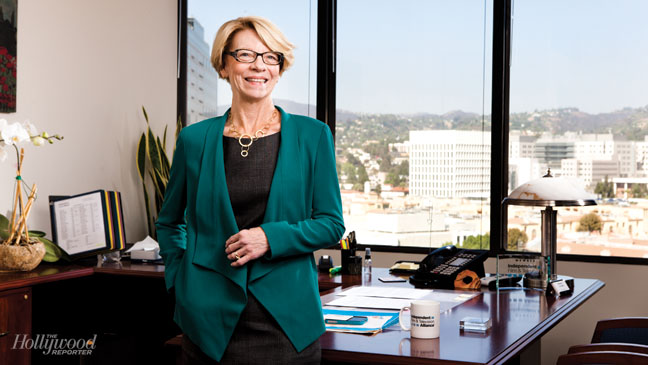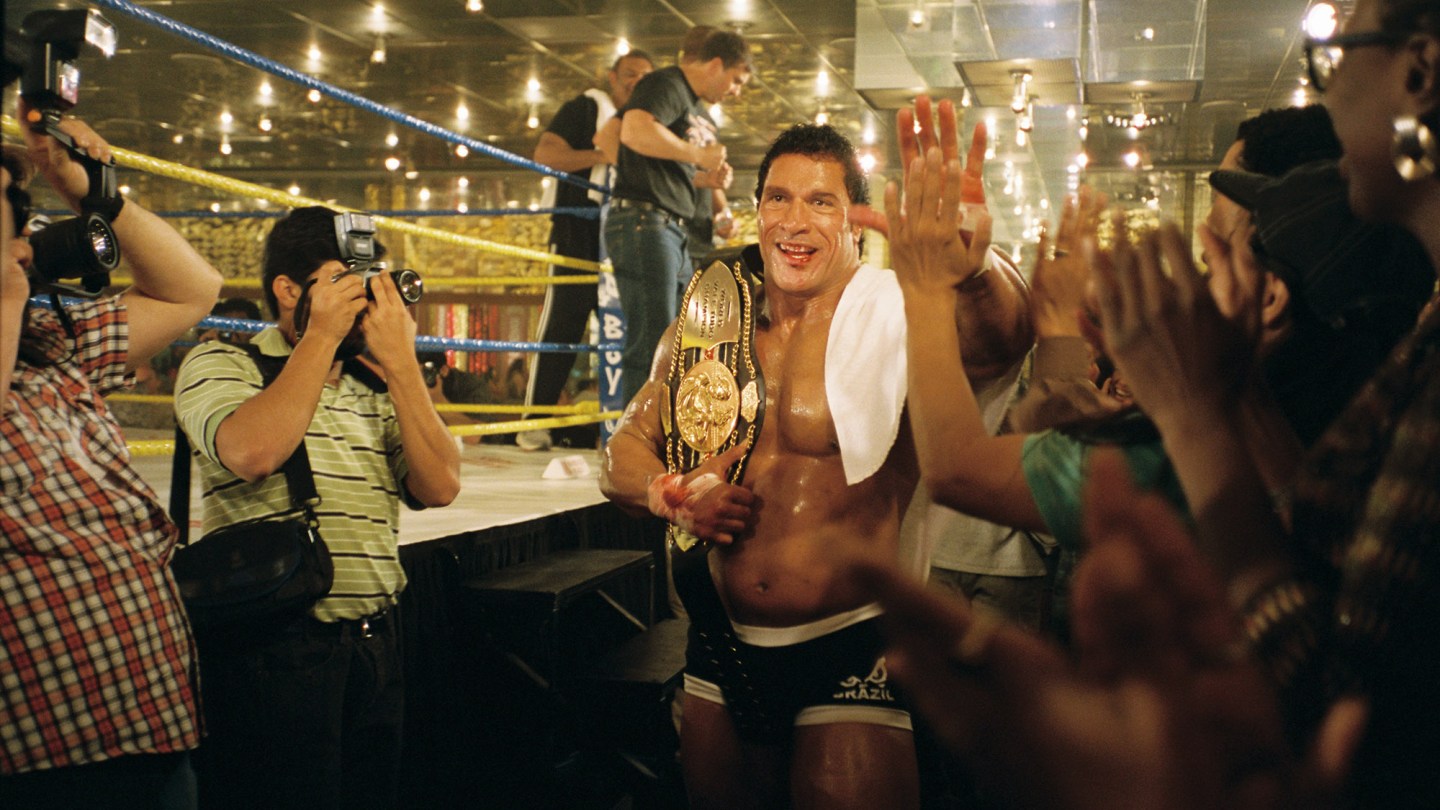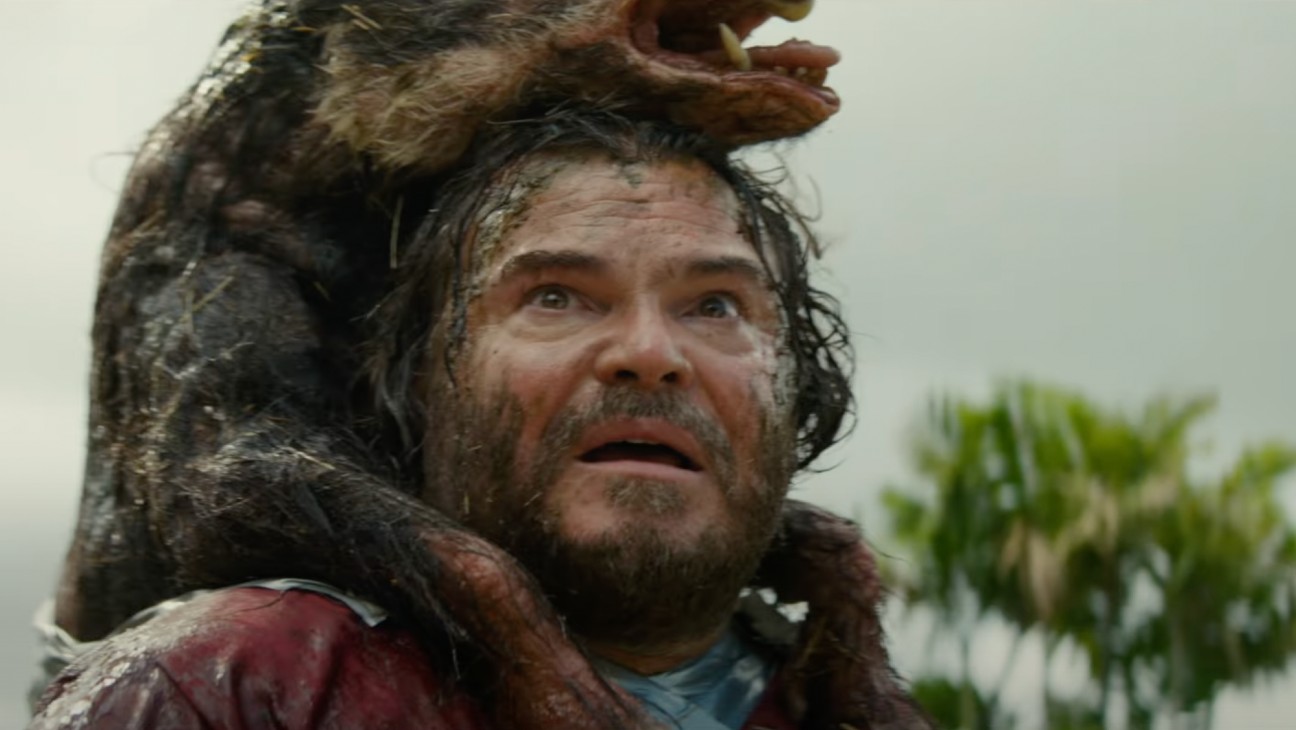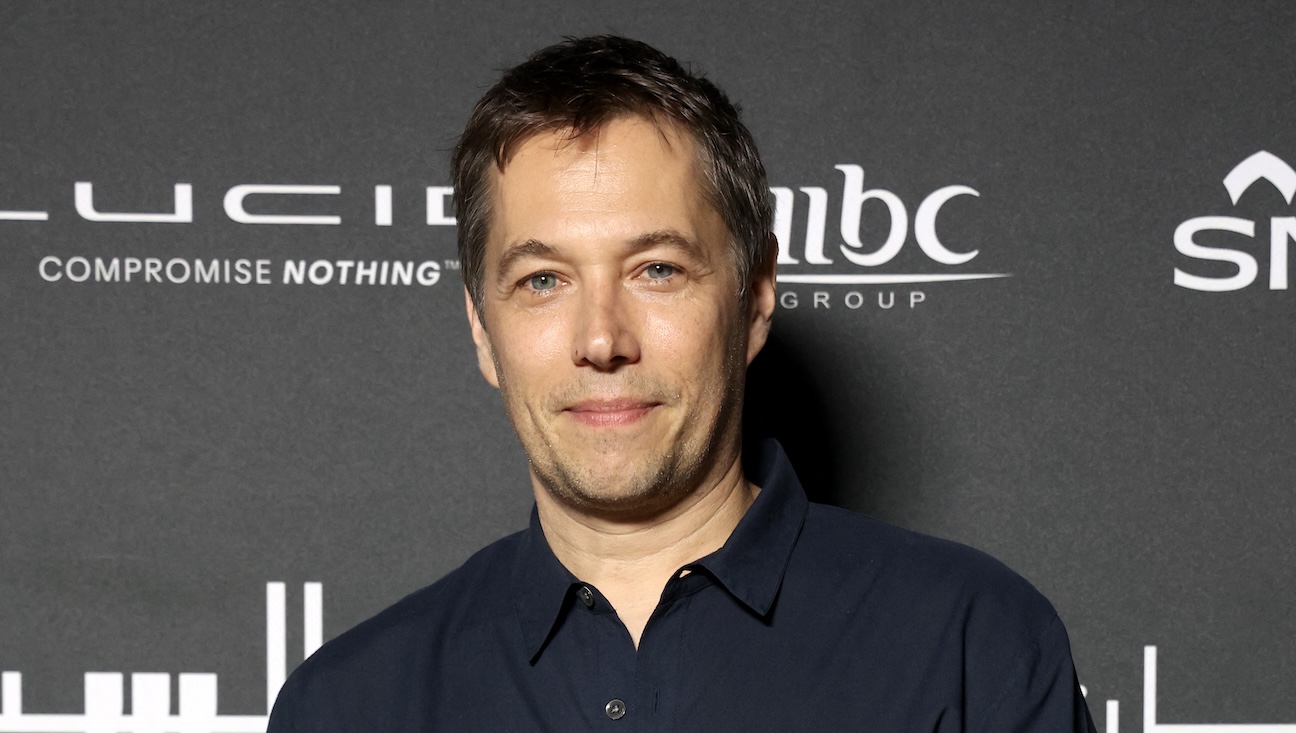After a quarter century as president and CEO of the Independent Film & Television Alliance, the association that runs the American Film Market, Jean Prewitt is calling time. Prewitt, who has led IFTA and the AFM through some of the most turbulent years in the history of independent film — through the rise of streaming and the collapse of the theatrical market, the COVID shutdowns and the dual strikes — will be stepping down after this year’s AFM.
“I never planned to stay for 25 years,” Prewitt tells THR. “I recall [legendary indie film financier] Lew Horwitz asking me when I was interviewing for this, if I intended it to be my last job, and I said: ‘No, absolutely not.’ I realized, 25 years in, if I don’t move now, it will be my last job.”
Before she hands over the reins, Prewitt is putting on one last show. After three years of upheaval — capped by last year’s unpopular relocation to Las Vegas — the 2025 AFM marks the event’s return to Los Angeles, with a new (and hopefully permanent) home at the Fairmont Century Plaza in Century City.
The broader outlook for the international indie business remains uncertain. Theatrical has yet to fully recover from the pandemic slump, streamers have tightened their acquisition budgets and AI threatens to upend every established business model. With costs rising, many producers and sellers are questioning the value of a six-day, in-person market. (Adding to the pressure: Toronto’s plans to launch a competing fall market next year.) Still, AFM 2025 is sold out, and Prewitt insists the show’s core purpose endures — as a hub for dealmaking, discovery and solidarity among independents.
“If you’re not at the table, they’re going to eat your lunch,” she says. “And I’ve been very good, I think, about making sure we’re not forgotten.”
Prewitt spoke to THR about 25 years of leading the AFM, the evolution of the indie film world, and what she’ll miss most — and least — about the job.
Given all the disruption and uncertainty in the indie film business right now, are you happy this is your last AFM?
It depends on the day. Last night, when I was in the middle of listening to two departments debate whether we were organizing our listing in the show directory alphabetically, by floor or randomly — based on which one was of the most interest to people — it was hard not to say: “This is next year’s problem.”
But as we get closer, I have the summer camp cadre, the going-to-market cadre feel. There is just so much community here. It’s hard to believe I won’t know the next chapter of the story. But at this moment in my career, I’m balancing way too many things, between doing all the advocacy I do for the industry and doing the show. I’d like a little simplicity in my life. But the show is an amazing event, and I’m not running out the door thinking, “Let somebody else do this.” I’m trying to figure out a way to hand over a very healthy event to the next person.
Are you stepping back to focus on advocacy?
I’m actually leaving because I never planned to stay for 25 years. I recall Lew Horwitz — one of the big leaders in film financing and presales — asking me when I was interviewing for the job if I intended this to be my last job, because there was a tradition of people retiring from studios to run the AFM and then taking nonprofit jobs. I said, “No, absolutely not.” I realized at 25 years, if I don’t move, it will be my last job.
I want more freedom to do other things that are important to me, some of which relate to social policy and social justice. I never went to law school to practice law. I went to law school because I felt you had to have those skills in your tool kit to make a difference in public policy and in the world. I was very involved at that point in affordable housing, which I had worked on at various levels. Then I went off to learn how to practice law. Then I went off to work for Universal and Disney practicing law. And then all of a sudden, there was a whole career.
All of which is a way of saying it’s time for me to check back in on what I intended to do, and particularly in this environment, there are other goals that need to be served. Yes, I would do some advocacy. There are things I would do within this industry that are targeted, but I do now want to take a hard look at how I can contribute in a different way.
Cast your mind back to 2000. How did the independent industry look then, and what are the biggest changes since?
My goodness. The interesting thing about when I was hired was the board was comprised largely of people who had been there from the beginning — the big-ticket people like Roger Corman and Mark Damon. The memory of what the independent industry looked like wasn’t a memory; it was a reality. Our segment was very strong. If you were one of the larger companies, Miramax, etc., you had real expectations of theatrical releases. You had the entire home entertainment marketplace to sell worldwide. The world wanted U.S. content badly. It was a heyday: You went to market with a poster, and you could sell out by the end of the third day.
All of that has changed. We went through the heyday of home entertainment. One of the big shifts you really see now is the growth of local production around the world. The statistics always show that people in a given country, left to their own devices, prefer entertainment in their language, relating to their stories. After that, the next thing is big blockbusters, big event movies.
In many cases, local product can be made at a much lower price point, either because there are subsidies or because the expectation is it won’t travel much beyond the region. You’re not looking at the extraordinary marketing budgets that would have to go into supporting a U.S. theatrical release, if you could get one.
What’s been the most challenging period for you?
Right now. The last three years — the post-pandemic years — for obvious reasons. We had to rebuild after the pandemic. We had been fortunate going in that we’d built a financial reserve, which allowed us not only to survive but to put on two incredibly interesting online shows. We didn’t make any money off them, but we were able to do them and keep the industry moving, and keep ourselves moving.
Then we walked directly into the strikes. Actually, first we had a very nice 2022 where everyone was glad to be back in Santa Monica — except everyone supposedly hated Santa Monica by then and hated the Loews. Then the Loews tossed us out. Suddenly, everybody wanted to be back in Santa Monica. From that point onward — going venue to venue; the strikes eating up energy left, right and center; everybody trying to rebuild their business; and us trying to build a show around uncertainty —it’s been very challenging.
On a world front, on the advocacy side, there are a lot of big questions out there, including: Who cares about the film industry anymore? The European Commission shifted our industry over to the digital environment, out of culture, while still being enraged by what they see as our president’s attack on their culture by threatening tariffs. We’re fighting battle after battle over there. Once again — and we do this every three years — we’re arguing about why territorial exclusivity matters to our industry. We’ve been doing this since 2008, and it’s getting more intense as digital and AI loom above us.
No matter how smart I may think I am, at the end of the day, I would trust my members before I’d trust me to tell you what’s going to happen next to them. And I say that knowing they don’t know the answer. But for our industry, you have to be led by the people who are out there fighting the fight.
What are your strongest memories from your 25 years at IFTA and the AFM?
There are personal ones — testifying before Congress in opposition to the Comcast-NBC merger and actually getting a settlement out of it; going to the White House to debate violence in film, when that was a significant issue. There’s a laundry list of personal things.
But I’ll tell you what keeps me going: the enthusiasm of our members. You don’t see it in board meetings. Where you see it is at the market. I absolutely love watching our members do what they care about and what they’re good at. They are so damn good at selling these visions. It’s not just a vision for what the film is; it’s a vision for what the buyer can do with it and what the audience will see of it. That’s the best part.
You won’t be around for it, but Toronto is launching a market next year. Can AFM and a TIFF market coexist?
I don’t even know what they’re doing. They’ve never spoken to us, so my knowledge of their vision and what they hope to accomplish is exactly the same as yours — possibly less. Obviously we can coexist. We do coexist. I don’t quite understand their mission, in commercial terms. I do understand it to the extent it’s intended as a social policy mission, which is how they’ve articulated it. I’m all for that, for promoting Indigenous filmmaking, etc. But I’m letting them do their thing.
What will you miss most — and least — about the job?
Most: the people — both internally and my colleagues in other organizations. I’ve built very strong relationships, and I’ll miss them to the extent they’re not incorporated in whatever I do next.
Least: the complaints. Trying to resolve the fact that the Loews turned off the ice machines during the market and that aggravated people. I spent four hours on that topic — not counting the days where I checked the ice machines every day. There was the great market where the internet blew out. It’s that stuff, where you’re telling people you understand and running around trying to fix it the best way you know how. At various points, I’ve given up my parking place to people whose boss was just mad because he couldn’t get close enough to the hotel. I don’t believe I’ll miss that. It’s amazing what people complain about. The laundry list is stunning. So I’d like to go on — if not to solve other problems, at least to listen to another set of complaints.





